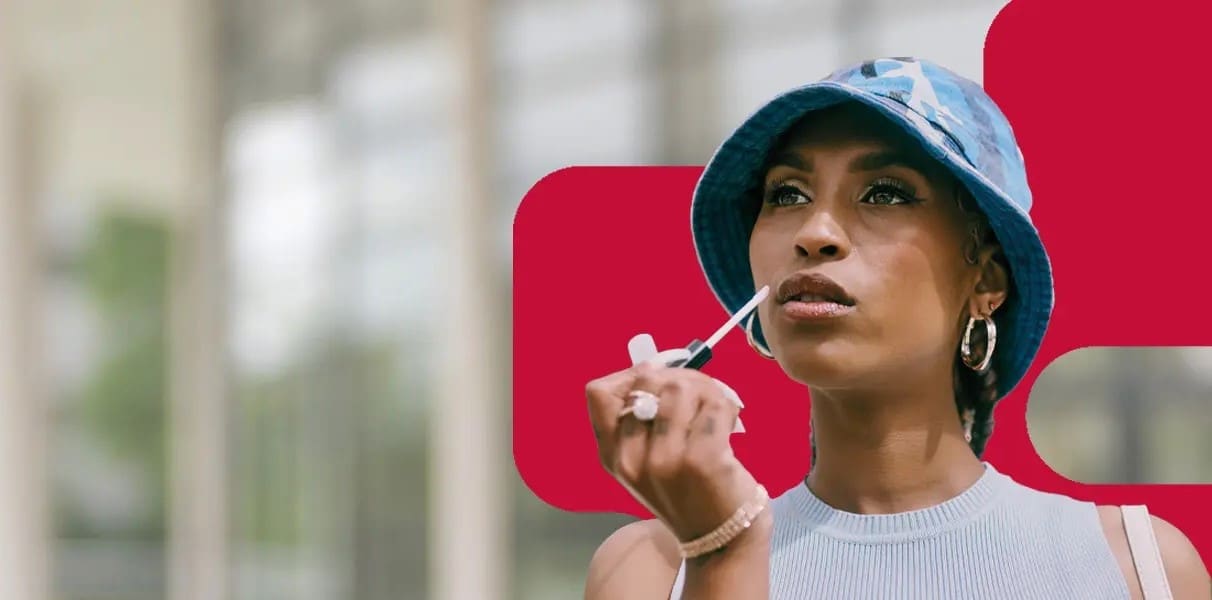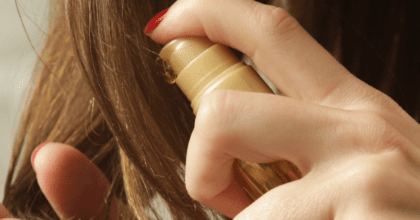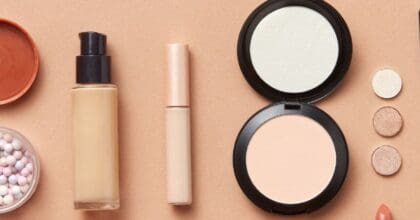80% of Brazilian consumers say brands need to do more to prove that their ethical claims are trustworthy
- 26% of Brazilian men aged 25-34 define clean beauty as “science-backed,” and 29% are willing to spend more on beauty and personal care products developed by scientists/researchers.
- 78% of Brazilians aged 45-64 have stopped using a product due to an ingredient safety concern.
- Nearly two in five (36%) Brazilians who have pets at home cite “no animal cruelty” as a defining characteristic of clean beauty products.
SÃO PAULO, BR (July 5, 2022) – The majority of Brazilians are aware of what ‘clean beauty’ is, with only 16% claiming they are not aware of the term, and Mintel predicts interest in clean beauty products will rise in the coming year. However, there is work to be done by brands to ensure they are successfully communicating benefits and backing up product claims.
Most (80%) consumers say they believe brands need to do more to prove their ethical claims are trustworthy, including 57% of men aged 25-34. Furthermore, 38% of consumers overall say science-backed claims to support product benefits are an important factor when purchasing clean beauty products, offering brands an opportunity to use research and third-party credibility to communicate product efficacy and support claims.
Science seems to be a key selling point for young Brazilian men, in particular. One quarter (26%) of men aged 25-34 define clean beauty as science-backed, compared to 17% of women in the same age group. While 44% of men aged 25-34 say they strongly agree that brands often claim to be ethical or sustainable as a marketing strategy, three in 10 (29%) say they are willing to spend more on beauty and personal care products developed by scientists/researchers, compared to just 19% of women in the same age group.
Amanda Caridad, Senior Beauty and Personal Care Analyst, Latin America, at Mintel said:
“In addition to the concepts involving ethics and sustainability, the clean beauty movement reinforces consumers’ search for effective products that do not pose risks to human health and have benefit claims with scientific support. One of the main barriers to purchasing clean beauty products has to do with how brands communicate benefits and claims. This presents opportunities for clean beauty brands to leverage scientific support of their products as a way to communicate trust, quality, and safety.
“Young Brazilian men represent an interesting area of opportunity for clean beauty brands because, while they are skeptical of brand messaging and product claims, things like science-backed claims and scientist/researcher-developed products entice them to buy and, in some cases, spend more. Our research shows that a third (34%) of men aged 25-34 say they buy clean beauty products because they offer higher safety standards.”
Consumers want transparency about certifications
When it comes to purchasing clean beauty and personal care products, haircare is where the majority of Brazilians (who know about clean beauty) are happy to spend their dollars with 52% purchasing clean label hair care products in the 12 months to January 2022. Meanwhile, less than one in five have purchased clean makeup (19%) and nail products (17%).
Clean hair care is especially important for parents as 64% of those – who are familiar with clean beauty and have children aged three and under in the household – buy clean hair care products, compared to 49% of those who do not have children. Given that three-quarters (76%) of parents of children under age three mention ‘safety certificate’ as the most important attribute when choosing a product/service for their children, it’s clear that concerns about their children’s health will lead parents to give preference to brands and products that are transparent about their certifications.
“Health and safety concerns have become one of the main challenges for brands across categories during the COVID-19 pandemic. Our research shows that 78% of Brazilians aged 45-64 have stopped using a product due to an ingredient safety concern. As more and more consumers look for products that contain safe ingredients to prioritize their health, products positioned as clean could expand their reach by establishing clear and transparent communication about their formulas,” continued Caridad.
Pet owners take clean beauty seriously
More than a third (36%) of Brazilians who have pets at home cite “no animal cruelty” as a defining characteristic of clean beauty products compared to 27% of non-pet owners. What’s more, two in five (39%) pet owners say one reason they buy clean beauty products is that the brands support causes they care about.
“Considering that a third (32%) of pet owners say they actively research the ethical and sustainable certifications of a beauty/personal care brand, those that have certification seals that clearly communicate the non-performance of animal testing or the non-use of ingredients of animal origin will stand out among Brazilian pet owners.
“The clean beauty movement has been winning over Brazilian consumers who show greater awareness of the impact of their consumption on the environment and who value brands and products that are consistent with their moral values. Brands would be keen to remember this sentiment in their marketing strategies,” concluded Caridad.
Additional research on clean beauty trends and interviews with the analyst are available upon request from the Mintel Press Office. For those interested in purchasing the full report, please visit the Mintel Store.
For the latest in consumer and industry news, top trends and market perspectives, stay tuned to Mintel News featuring commentary from Mintel’s team of global category analysts.
-
Mintel StoreGet smart fast with our exclusive market research reports, delivering the latest data, innovation, trends and strategic recommendations....View reports
-
Mintel LeapMintel Leap is a revolutionary new AI-powered platform that will transform your research process....Book a demo







































